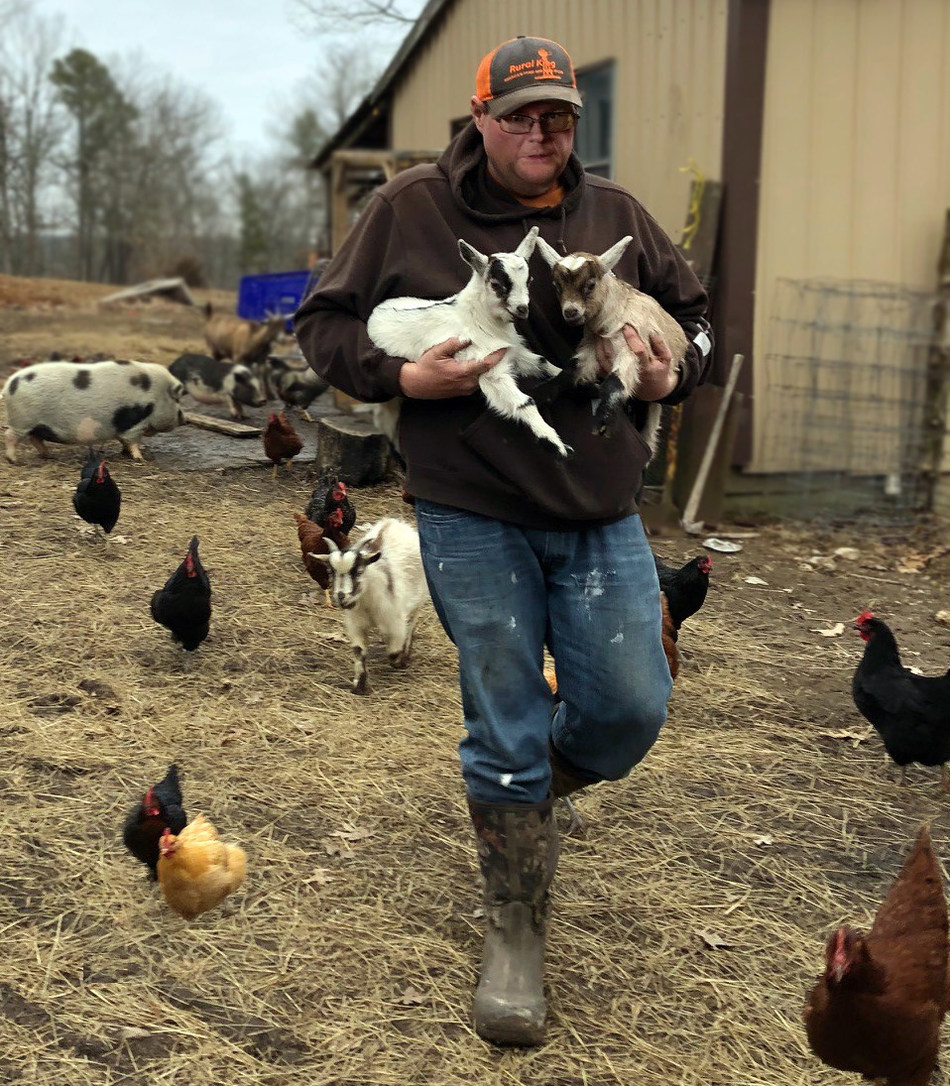CRYSTAL CITY, Mo., March 13, 2019 /PRNewswire/ -- Brandon Chandler was not getting much sleep at night, partly due to worry about whether he would wake up in the morning.
"My wife would complain of me snoring constantly and there would be several instances where she would have to wake me up in the middle of the night because I had stopped breathing," Chandler said. "There were times I would wake myself up gasping for air."
 |
| Brandon Chandler (Source: https://prnewswire2-a.akamaihd.net)
That was more than 145 pounds ago. Chandler, 37, of Bixby, Missouri, had sleeve gastrectomy surgery last summer to reduce the size of his stomach. Download a free bariatric surgery guide here: mercy.net/bariatricsleepstory.
"Now I sleep great," Chandler said. "It's a good feeling to be rested and ready to go the next morning."
After an eight-hour day at work, he would come home exhausted and spend most of the time in his recliner, watching TV until it was time to go to bed.
"Now that I am getting full sleep, I have the energy to do the things I enjoy: the hunting and fishing, working on the farm, taking care of my animals," Chandler said. "I would recommend this for anybody who has ever had a weight-loss battle or sleep apnea issue."
He's not the only one in the house enjoying more restful nights.
"If Dad's sleeping better, everybody's sleeping better. Sometimes the snoring would get pretty intense," he said.
Dr. Jay Snow, medical director for the bariatric surgery program at Mercy Hospital Jefferson, was Chandler's surgeon. Dr. Snow said the changes Chandler has seen are typical.
"Patients will notice improvements in their sleep apnea in as little as a month after their surgery," Dr. Snow said. "They get a better night's sleep. They are more rested in the morning. As many as 80 percent of patients will actually be cured of their sleep apnea within a year of their surgery."
Prior to surgery, Chandler's Continuous Positive Air Pressure (CPAP) machine provided relief, but it wasn't enough, he said.
"I was on the CPAP machine about four or five years. It helped some, but I still had issues and fighting with the mask and the hose and cleaning," he said. "I do not use the machine anymore. When I get up, I feel like I've had a full, peaceful night's sleep."
|
No comments:
Post a Comment